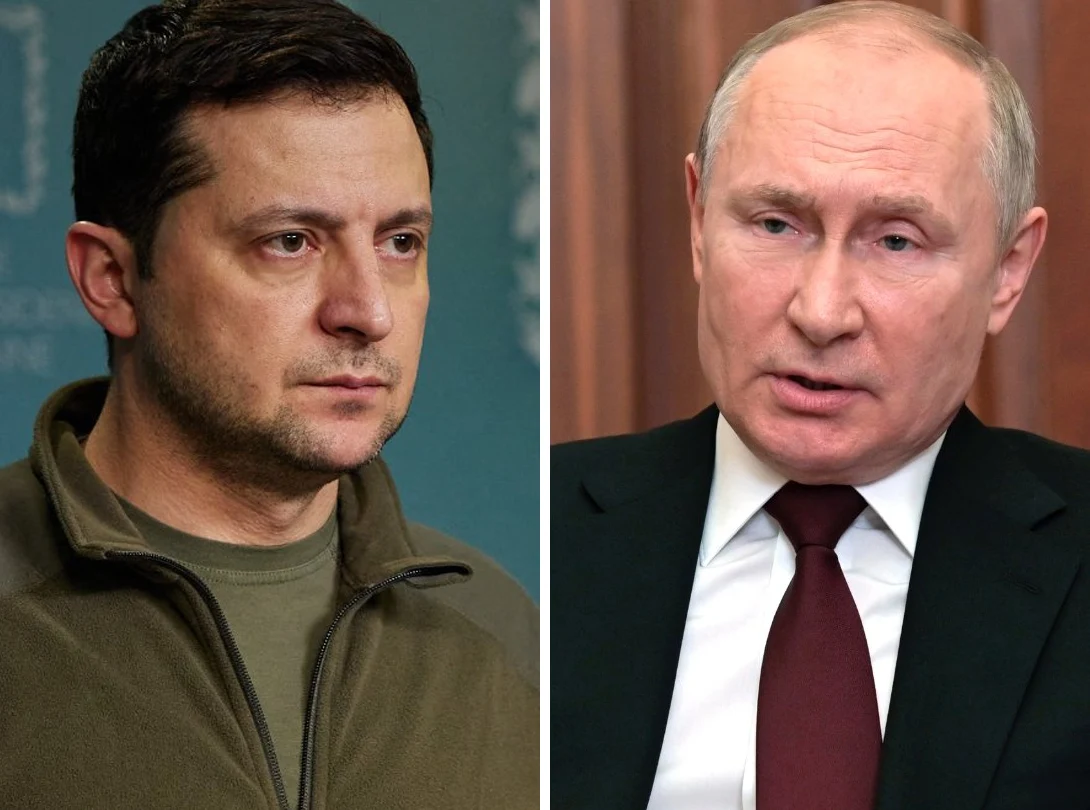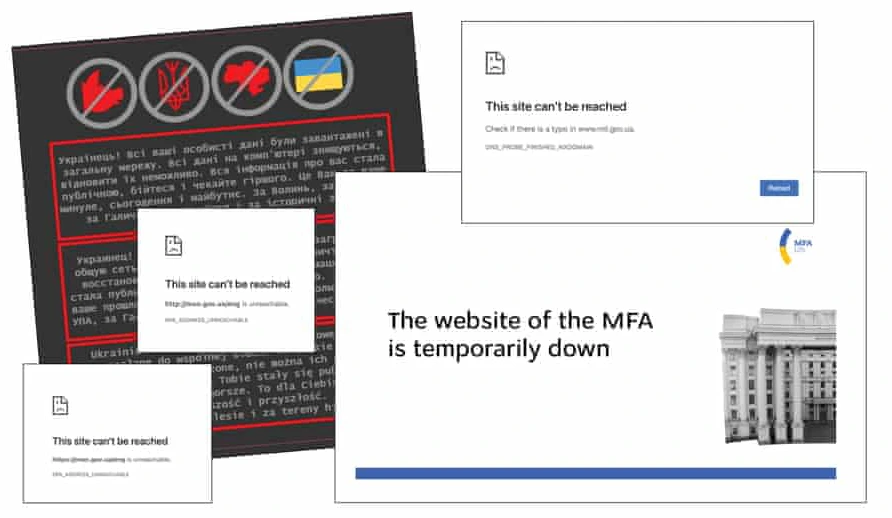The war waged through the internet is invisible to the human eyes. But the effect can be collateral and huge.
For example, campaigns using malware that target those in Russia or its affiliates can also infect unsuspecting users from other countries. Other form of attack, like the Distributed Denial of Service (DDoS), can disrupt networks that legitimate traffic going to other countries are capped due to huge amount of fake traffic being sent.
The Australian Cyber Security Centre is asking organizations and businesses to be on high alert amid Russia’s bombardment of Ukraine.
The UK’s National Cyber Security Centre issued a similar warning, and so did New Zealand and the U.S. Department of Homeland Security.
They delivered their warnings after seeing Ukraine suffering a sustained digital assault from Russia over the weeks after Russia started invading Ukraine on Russian President Vladimir Putin's orders. One of the most penetrative attacks have crippled access to a number of Ukrainian government and banking websites.
On Ukraine's side, the war is either displacing, or making IT specialists and computer experts from the country to flee.
Because of this and among other reasons, Ukraine asks underground hackers for help.

Ukraine called on its citizens to take to their keyboards and defend the country against Russia’s cyberattacks.
At the same time, the hacktivist group Anonymous has already called its global army or cyber warriors to target Russia.
The group that has been operating since at least 2008, has previously claimed responsibility for acts of hacktivism against a wide range of targets, including against big businesses and governments. And this time, the group is working from all over the world to disrupt things that are related to Russia.
Despite having no defined structure or leadership, the group has waged its own war against the Russian government.
A number of Russian government websites and media outlets have since been targeted, with the Anonymous taking credit on its Twitter channel.
On February 16, Anonymous TV posted a video message with a series of recommendations and threats. Leaning on the stereotypical “hacker” image, the masked speaker issued a serious warning to Russia:
"Sole party to be blamed if we escalate on that will be the same one who started it in the very first place with troop buildups, childish threats and waves of unreasonable ultimatums."
The hacking collective #Anonymous hacked into the Russian streaming services Wink and Ivi (like Netflix) and live TV channels Russia 24, Channel One, Moscow 24 to broadcast war footage from Ukraine [today] pic.twitter.com/hzqcXT1xRU
— Anonymous (@YourAnonNews) March 6, 2022
FUCK PUTIN#Anonymous #OpRussia
— Anonymous (@YourAnonNews) March 7, 2022
Alongside the Anonymous, a large number of Ukrainian cyber professionals have volunteered to assist with Ukraine’s cyber defense. The volunteers are being organized through hacker forums, Telegram channels and other encrypted apps.
"Ukrainian cybercommunity! It's time to get involved in the cyber defense of our country," one post reads.
Yegor Aushev, co-founder of a cybersecurity company in Kyiv, said that he wrote the post after a senior Defense Ministry official who contacted him.
"We have an army inside our country," Aushev said. "We need to know what they are doing."
The hackers' goals include defending Ukraine’s critical infrastructure, helping the government with cyber espionage, taking down Russian disinformation from the web, and targeting more Russian infrastructure, banks, and government websites.
Attacks also included the theft and publication of Russian Department of Defense data, which may contain sensitive information useful to fighters in Ukraine.
Emails from Belarusian weapons manufacturer Tetraedr and data from the Russian Nuclear Institute have also reportedly been uploaded to the public internet.
Russian TV channels were also hacked to play Ukrainian music and display uncensored news of the conflict from news sources outside Russia.

Despite the many attempts being done through the World Wide Web, little can be done to really affect the outcome of the war.
On paper at least, Russia is a much bigger country, with a much more powerful military forces, attacking the smaller Ukraine.
Russia is also backed with lots more resources, and can better sustain prolonged economic fluctuations, inflations and trade sanctions than Ukraine.
Vladimir Putin has also been in power for a much longer time that Ukraine's President Volodymyr Zelensky. Putin is much more influential and experienced, with knowledge that the U.S. and its allies somehow fear Russia's close relationship with China.
While anything that happens on the web may not change Putin's mind, what matters to many people in Ukraine during this cyberwar is that, its citizens' voices can be heard.
The hacks can make the Ukraine citizens gain more publicity, gaining more advantages in the psychological warfare, by having the ability to deliver information that is uncensored by Russia-influenced media.
Read: Russia-Ukraine War On The Internet: Between Cyberattacks To Censorship, Encrypted Messages And More
